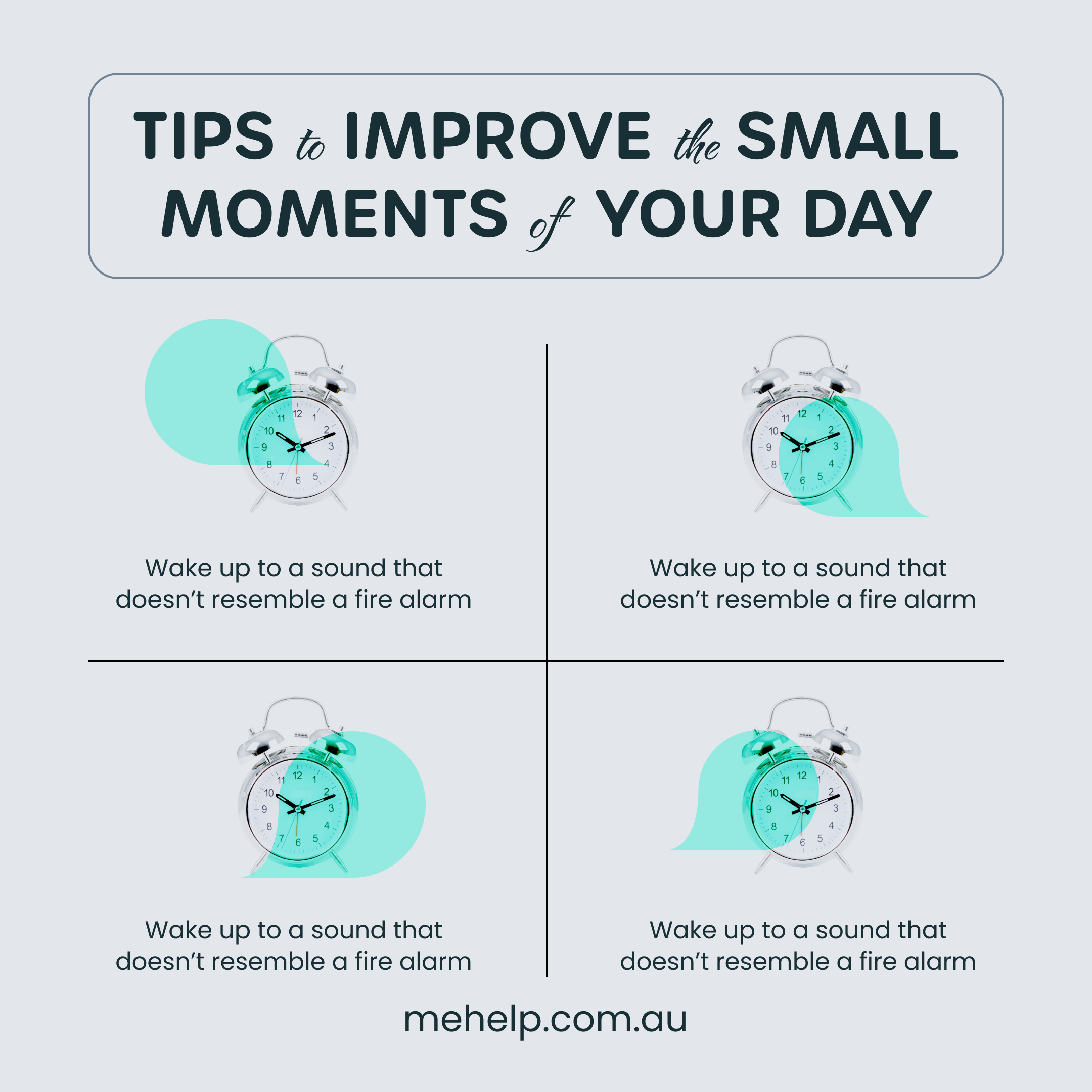Weight Management: Balance, Nourish and Improve Long-Term Health
Weight management involves adopting sustainable behaviours and making informed lifestyle choices to achieve and maintain a healthy weight. It is not about fad diets or quick fixes but about building a positive relationship with food, activity and your body. Effective weight management supports physical health, emotional wellbeing and disease prevention.
What Influences Weight
Weight is influenced by a complex interaction of factors including genetics and metabolism, diet and eating patterns, physical activity levels, sleep quality, mental health and emotional wellbeing, hormones and medical conditions, and environmental and cultural influences. In Australia, more than two-thirds of adults live with overweight or obesity. While weight is only one aspect of health, achieving a weight range that supports your energy, mobility and wellbeing can reduce the risk of chronic disease and enhance quality of life.
Common Challenges in Weight Management
Many people struggle with weight due to unrealistic expectations, past dieting failures, emotional eating or lack of support. Common challenges include stress-related or binge eating patterns, using food to cope with emotions or boredom, inconsistent routines due to work or family commitments, misinformation about nutrition or exercise, body image concerns and low motivation or energy levels.

Myths about Weight Management
Myth: You just need to eat less and move more. Truth: While energy balance matters, this oversimplifies the emotional, hormonal and environmental influences on weight. Myth: Diets are the best way to lose weight. Truth: Most restrictive diets are not sustainable and often lead to weight regain. A lifestyle-based approach is more effective. Myth: Thin equals healthy. Truth: Health is not determined by weight alone. Cardiovascular fitness, mental wellbeing and nutrition quality are all important.
Why Weight Management Matters
Sustainable weight management can lead to improved blood pressure and cholesterol levels, reduced risk of type 2 diabetes, better sleep and physical mobility, enhanced mental health and energy levels, improved self-esteem and body confidence, and lower risk of heart disease and joint problems. The focus should be on long-term health rather than short-term numbers on a scale.
How MeHelp Psychology Can Assist You
Our psychologists support individuals in developing a healthy mindset and lasting behavioural change around eating, activity and self-care. We offer Cognitive Behavioural Therapy (CBT) for identifying unhelpful thoughts and habits that contribute to weight gain, Support for emotional eating, body image distress and binge eating behaviours, Motivation enhancement and goal setting strategies, Mindfulness-based approaches for developing awareness of hunger and fullness cues, Assistance in overcoming barriers to physical activity, and Behavioural change support for people with PCOS, metabolic conditions or postnatal weight changes. We also collaborate with GPs and dietitians to ensure a coordinated and supportive care plan.

Real-Life Example
Nina, 42, had tried multiple diets and was frustrated by cycles of weight loss and regain. She often ate in response to stress and felt ashamed about her body. Through therapy at MeHelp, Nina explored her emotional eating triggers, challenged her self-critical thoughts and began building routines that supported her wellbeing. Over time, she found balance with food and movement and now focuses on how she feels rather than the number on the scale.
Practical Steps You Can Take Today
Focus on progress over perfection, plan balanced meals with a variety of whole foods, practise mindful eating by slowing down and tuning into your body’s signals, move your body in ways you enjoy rather than as punishment, build sleep routines that support energy and recovery, notice emotional triggers for eating and explore alternative coping strategies, and seek support if weight concerns are affecting your physical or emotional health.
Frequently Asked Questions (FAQs)
Is it bad to want to lose weight for appearance reasons? Wanting to feel confident in your body is valid. The key is to approach weight goals in a way that supports both physical and emotional health. Can I get Medicare rebates for weight-related therapy? Yes. If weight concerns are linked to mental health challenges such as body image distress, binge eating or depression, you may be eligible for a Mental Health Care Plan through your GP. Do you work with people who have eating disorders? Yes. We support people across the spectrum, from mild disordered eating to diagnosed eating disorders, using a compassionate and evidence-based approach. Can therapy help even if I know what to do but cannot stick to it? Absolutely. Most people know what to do but struggle with consistency. Therapy helps address the underlying emotional, behavioural and motivational challenges that affect long-term change.
Take the First Step
You do not need to face weight challenges alone. Whether your goal is to improve your relationship with food, enhance your wellbeing or feel more at home in your body, support is available.
Book a session with MeHelp Psychology today and start building a healthier, more balanced lifestyle that works for you.
Are you ready to speak to an online psychologist?
Our caring team are ready to help you. Contact us today to book your 15-minute consultation (at no cost, and no obligation) at a time that is convenient to you. You can be speaking to a psychologist online quickly.
Get Started